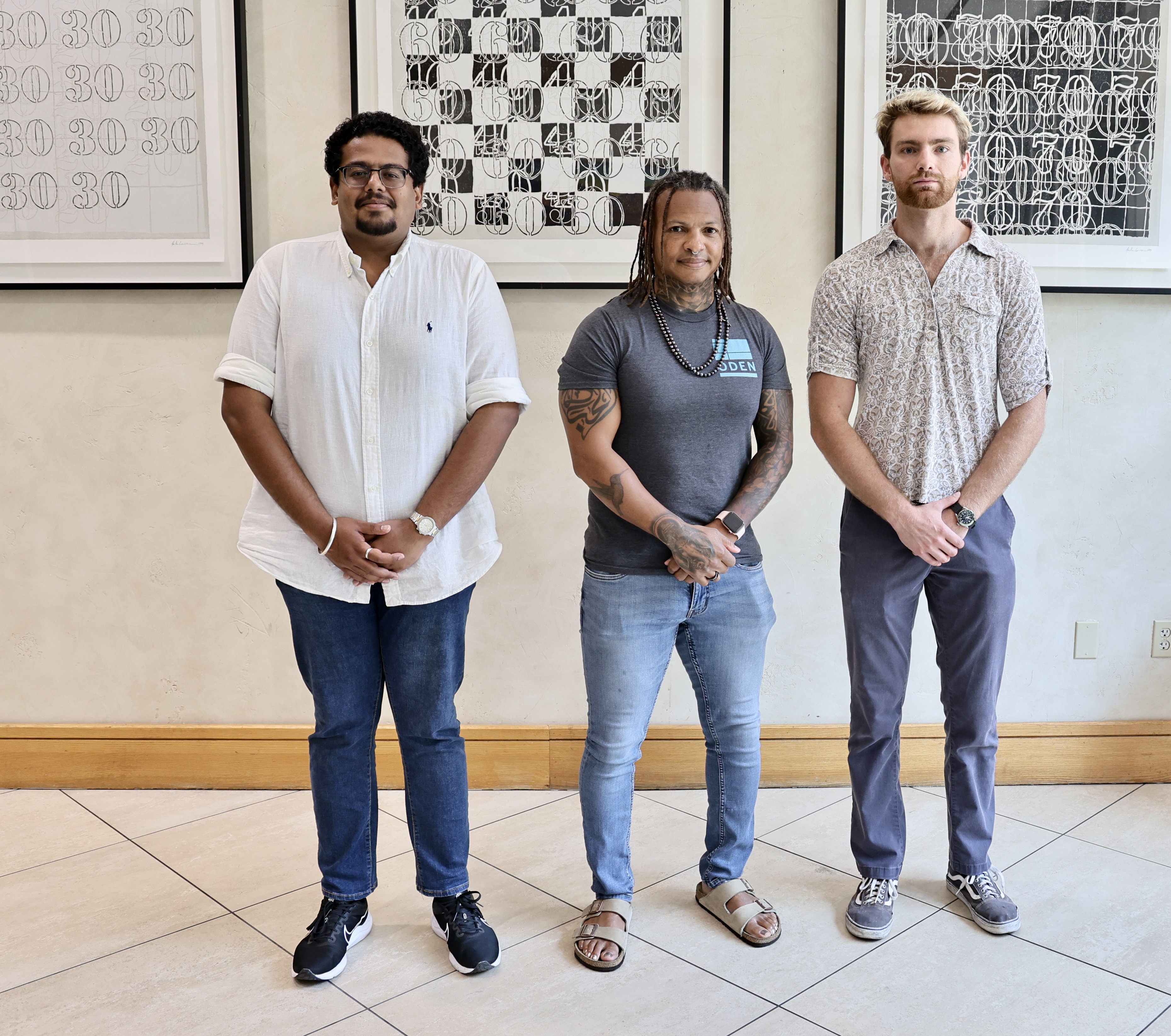
From Data to Discernment
The Jah Decision Intelligence Group (JDIG) explores how knowledge arises, evolves, and guides action in complex, uncertain domains. We focus not on simplification, but on honoring the full epistemic landscape, where uncertainty is not noise to be minimized, but structure to be understood. Our work lies at the intersection of dynamical systems, possibility theory, information theory, and ethical AI.
We design systems that reason, not just compute. That decide, not just simulate. That explain, not just predict. Our goal is to enable inference architectures that support planetary stewardship, space security, and decision-making under deep uncertainty.
Core Thrusts
Philosophy of Knowing
We believe:
Knowledge is not the end of ignorance. It is what remains when ignorance is removed with care, rigor, and purpose.
Directors
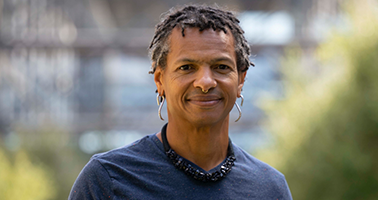
Faculty and Research Staff

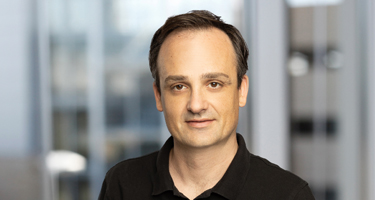
Postdocs
Students
Staff
Members outside the Oden Institute
Hariskumar Sellamuthu
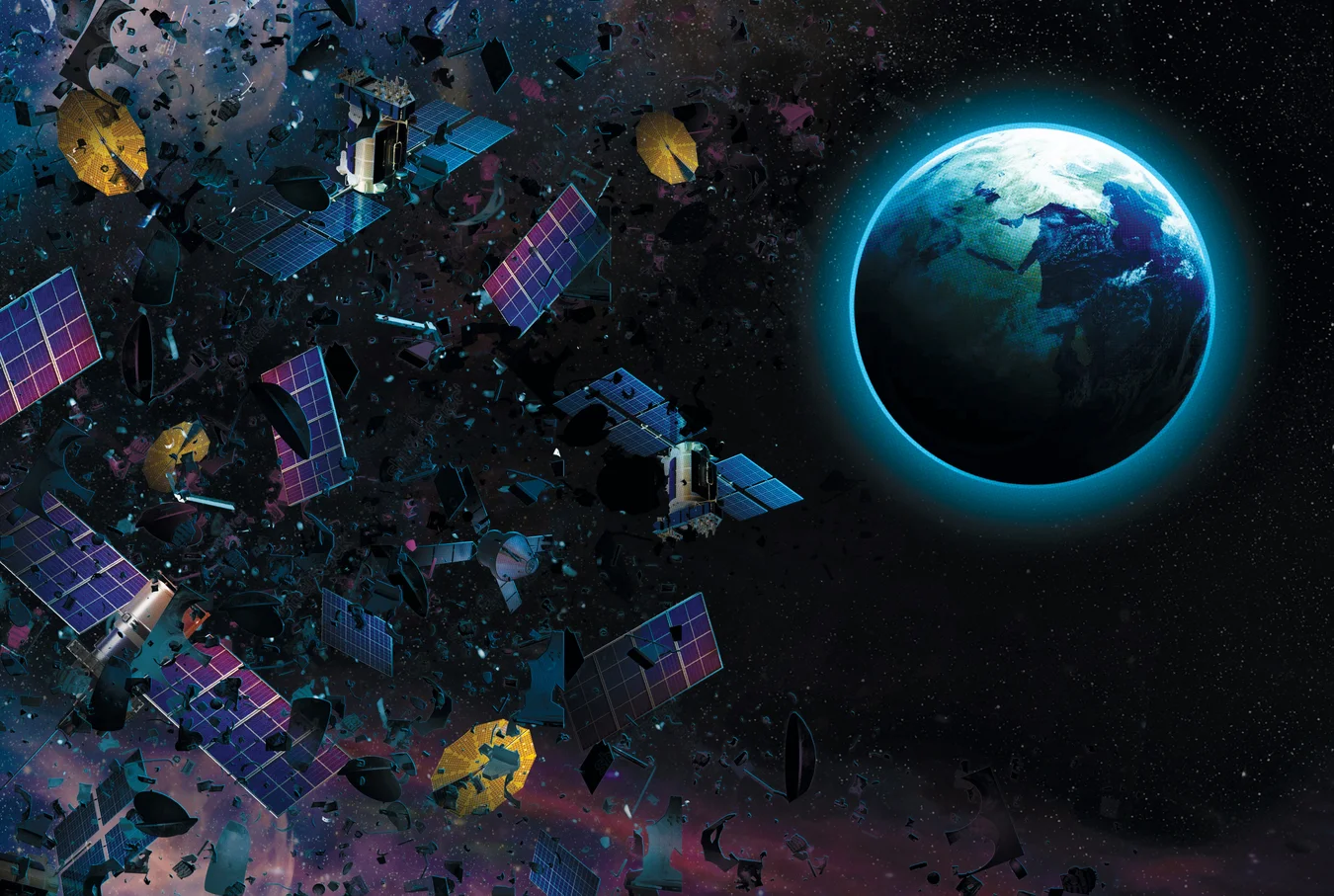
Media Coverage
Feb. 12, 2025
Moriba Jah says it's time to apply the three "R's" to space debris.
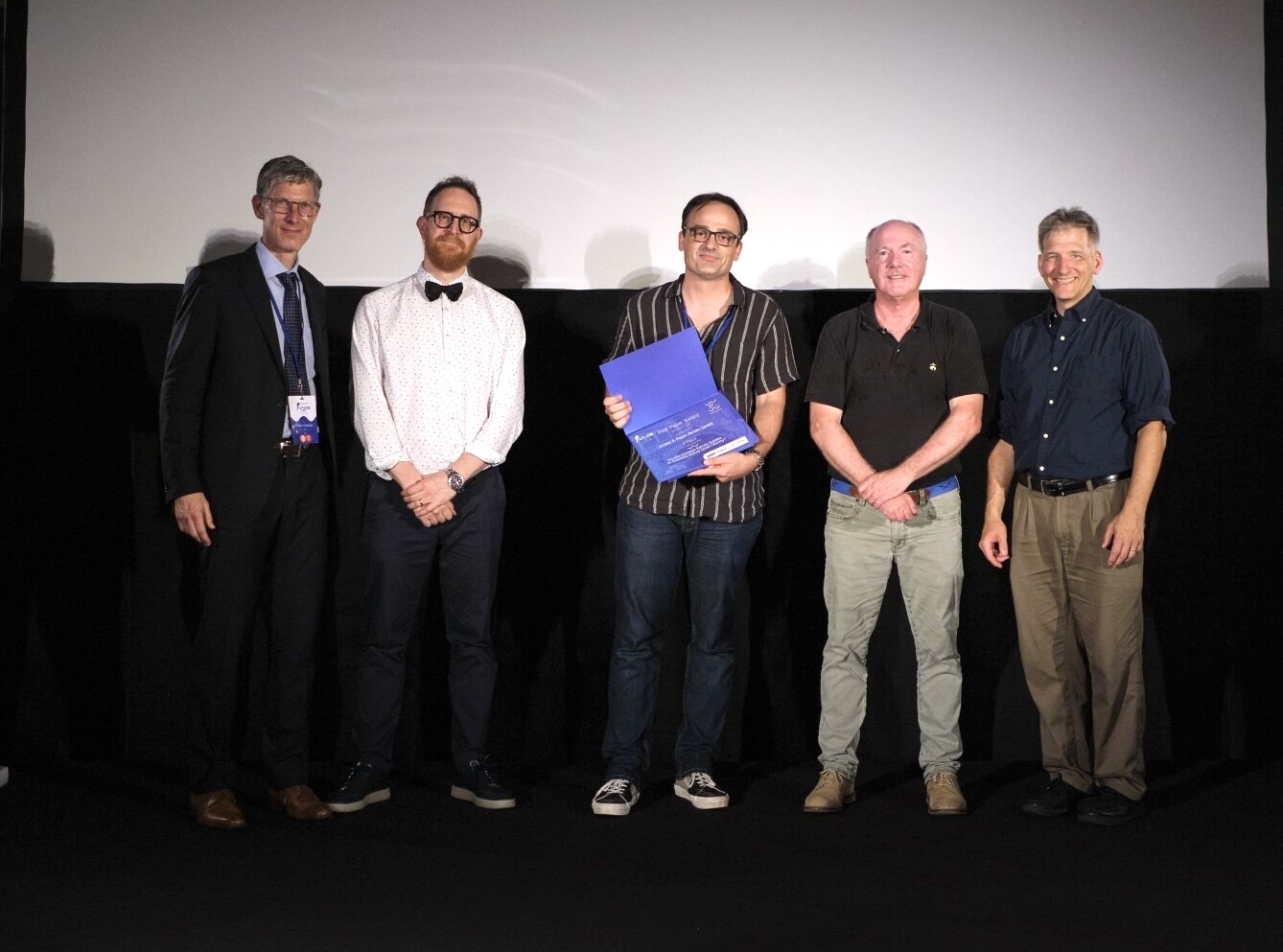
News
Sept. 23, 2024
Oden Institute researchers Renato Zanetti and Andrey Popov received a prestigious award from the International Society of Information Fusion.
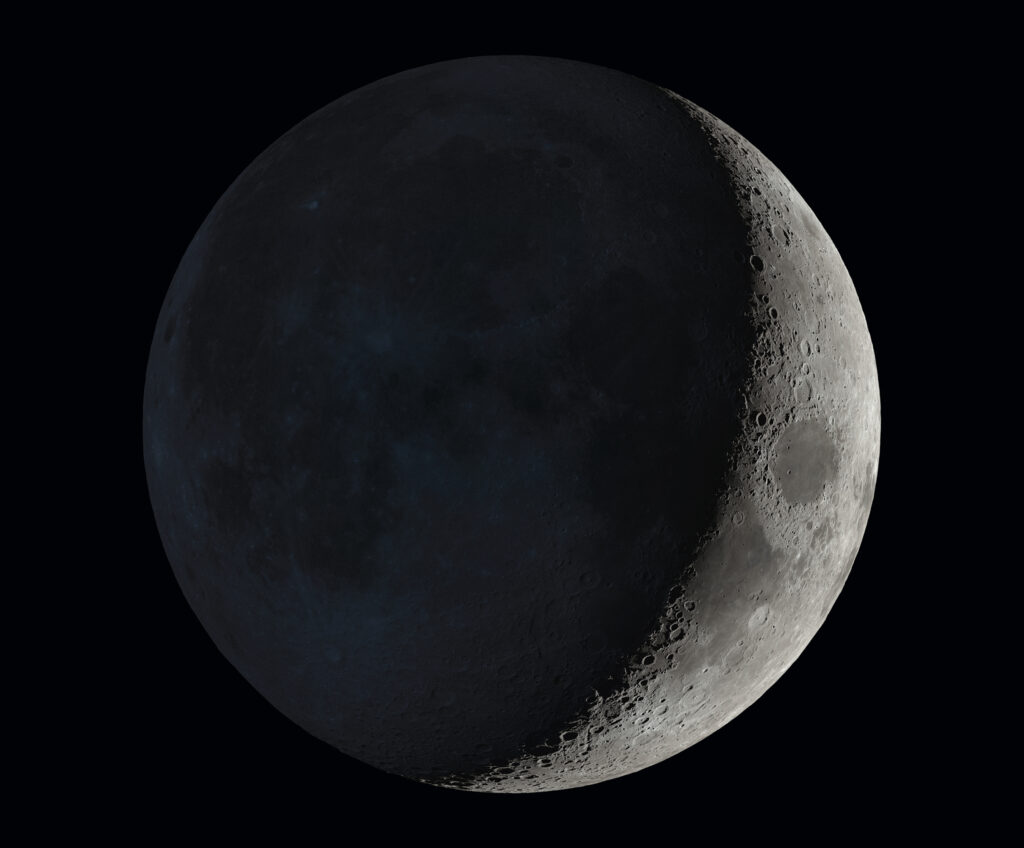
Media Coverage
Sept. 3, 2024
Foundational work being done by UT faculty, alumni, and students on the infrastructure that will enable astronauts and robots to safely move through cislunar space.
In late 2023, a team of UT faculty and students led by associate professors of aerospace engineering Brandon Jones (Oden Institute affliated faculty), and Renato Zanetti, (Oden Institute core faculty), were part of a team developing algorithms that use craters and other features on the lunar surface to precisely pinpoint a spacecraft’s location.